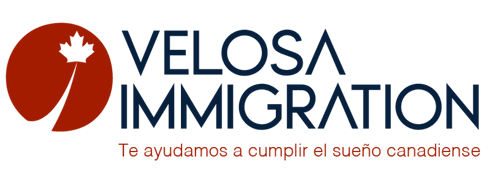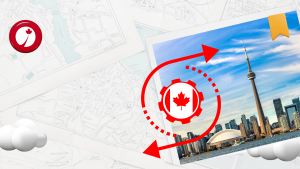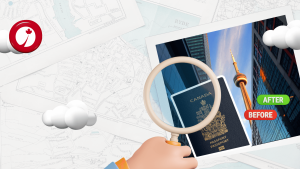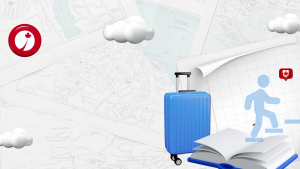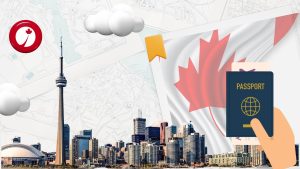One of the biggest challenges faced by immigrants is the possibility of practicing their profession in Canada, as many of them are regulated at the provincial and/or territorial level.
Healthcare professionals, accounting, law, engineering are just a few of the many professions that are restricted to practice if they do not have the required credentials to practice.
The homologation process can be difficult, expensive and lengthy therefore this can result in financial and emotional strain. Then the best thing they can do is start the process as soon as possible so that they can work in their chosen profession in Canada.
The first thing you need to do is find out about the requirements to work in your occupation in Canada. Canadian occupations are regulated at the provincial/territorial level. This means that if your occupation is regulated, you must apply for permission from the corresponding provincial and/or territorial authority, to obtain a license or certification. You will only be able to do this once you know which province you would like to live in, as the requirements will be different from province to province.
How do I know if my occupation is regulated in Canada?
A good tool you can use is jobbank.gc.ca A website that is Canada’s national employment service and the main source of information about jobs and the labour market in the country. Here’s how:
- Select “Explore the market”
- Next, you will look for your occupation. In this case we are looking for “lawyer”
- Next, you will see “requirements”
- You will then be able to see if your profession is regulated, in which province and by which regulatory body.
How can I homologate my profession?
The homologation process depends on your occupation and the province where you intend to work. To know the occupational requirements for each province/territory, follow the instructions provided above.
There are a few things you can expect as part of your process. For example:
Educational Credential Assessment: You will likely need to provide proof that your education abroad is equivalent to the same type of credential in Canada. For this, it will require an Educational Credential Assessment (ECA). An ECA is also commonly required for immigration applications, so you may already have this document.
Verification of work experience: Regulatory authorities may request proof of your previous work experience. Many professional licenses in Canada require licensees to have prior work experience in the industry.
Language tests: Certain occupations in certain provinces may require you to demonstrate proficiency in English or French in order to practice. For example: IELTS or CELPIP.
Proficiency tests/exams: In some occupations, an official test or exam is required to work in a province/territory. For example, registered nurses in Canada must pass an exam called the NCLEX-RN exam.
Homologating your profession is only part of the process. You’ll also need to get a job offer! To learn more about how to find a job in Canada or keys to writing a Canadian resume, check out some of our previous blogs.
